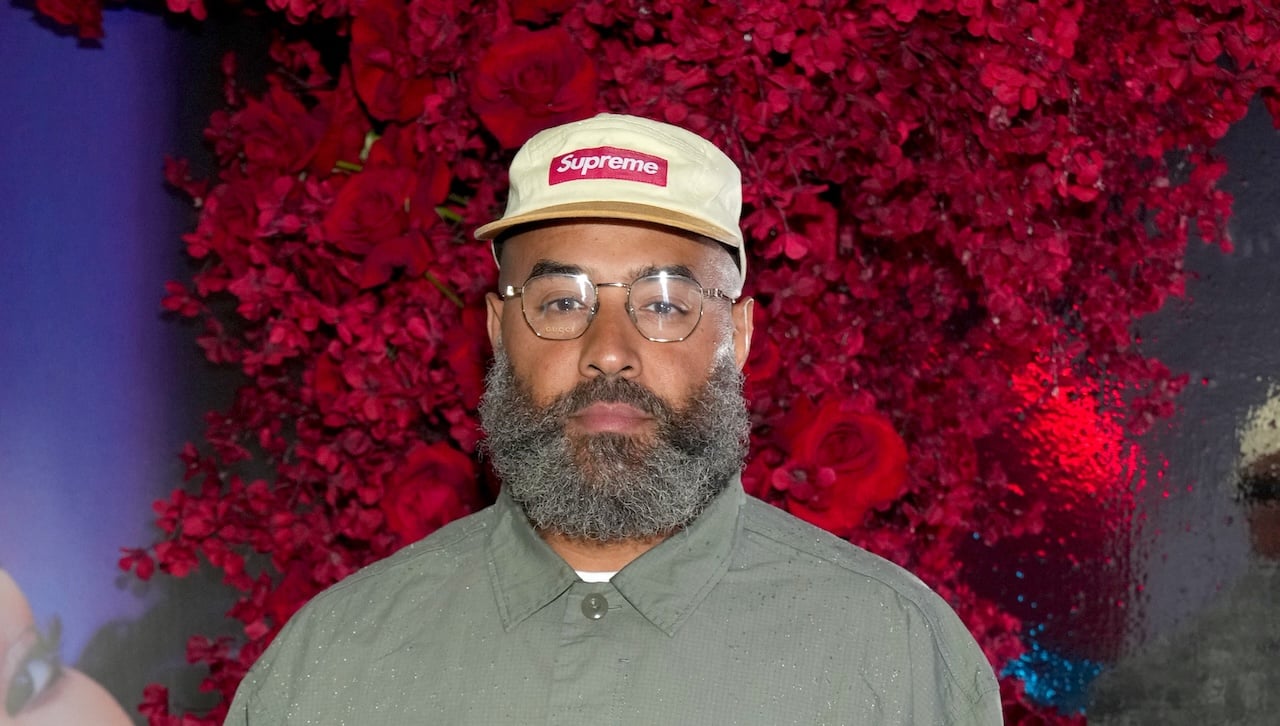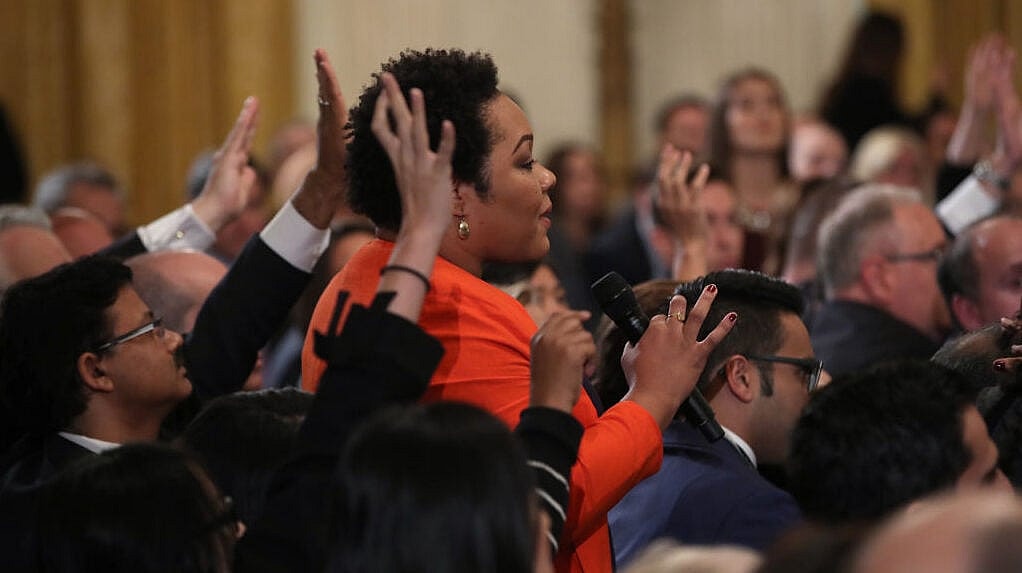A famous quote by Will Rogers says “It takes a lifetime to build a good reputation, but you can lose it in a minute.”
Indeed, today’s 24-hour news cycle and often toxic social media climate can leave little room for missteps, miscues and lapses in judgment in business and social settings alike.
Nevertheless, scandals of all stripes, from criminal and personal misconduct to politically incorrect actions and inappropriate speech seem to dominate the headlines and social media platforms and compete for eyeballs, likes and comments like never before.
One recent scandal in New York City involved a woman who was fired from her job at a public relations firm because she was involved in a highly publicized incident where she pepper-sprayed a Muslim Uber driver after he began praying in Arabic. The woman was subsequently arrested and charged by Manhattan DA Alvin Bragg with a hate crime, according to PR Week.
Adding insult to injury, the incident was captured on the rideshare’s surveillance video and has now made the rounds across the national and social media landscapes, causing tremendous reputational harm to both the woman in question, identified in media reports as Jennifer Guilbeault, and also to the firm she worked for, D. Pagan Communications, a PR agency focused on the technology sector. It now has a slew of negative online reviews/comments as a result of this incident. (The agency said Guilbeault was no longer employed there but didn’t say when she left.)
Guilbeault, of course, is not the only example out there of a viral scandal. High-profile cases include actor Will Smith infamously slapping comedian Chris Rock at the Oscars, or comedian/talk show host Ellen DeGeneres being tagged as “mean” and accused of racism and sexual harassment by former employees.
Being offensive is not just reserved for A-list celebrities and personalities—it’s an equal opportunity phenomenon. If you ever find yourself in the unenviable cross-hairs of scandal, what’s to be done?
Crisis public relations experts, the go-to professionals who step in for both damage control and reputational repair, have some hard-and-fast rules for what to do, what to avoid, and how to prevent things from going sideways in the first place.
1. Apologize first
The all-important mea culpa is a crucial step towards redemption, say crisis PR experts. Although they differ on how to deliver any words of contrition, most recommend getting the message out through one traditional media outlet and at least one social media platform.
Nez Sevim Lawrence, Global Head of PR and Media at Animals Asia, says that in the instance involving the Uber driver, her advice would include “issuing a sincere public apology, ideally directed at the Uber driver she attacked, and taking responsibility for her actions.”
Sevim Lawrence, who has a background in communications in Turkey, a predominantly Muslim country, adds that enrolling the attacker in cultural awareness and sensitivity training would help demonstrate her commitment to learning from this experience.
“Additionally, volunteering with organizations focused on cultural understanding, anti-discrimination, or community support could show a tangible effort to make amends,” she says.
Jason Mudd, CEO and managing partner at Axia Public Relations, also says that some type of public apology is in order.
“Navigating the fallout from a public scandal requires both introspection and proactive steps toward change,” he says. “Acknowledging the gravity of the situation, offering a genuine apology, and showing a commitment to growth are foundational.”
He points out the importance of avoiding reactionary comments and notes that in today’s social media environment, “actions speak louder than words,” and that it’s important to bolster any statement with “responsible and constructive actions to demonstrate accountability.”
2. Protect the company’s reputation
While some crisis PR pros say that a company may be more easily forgiven for an employee’s transgressions, given that they can’t control people’s behavior, especially outside of work hours, there are still proactive steps that should be taken.
“For the agency, the first step is issuing a clear, prompt statement condemning the behavior without ambiguity while emphasizing empathy toward affected communities and reiterating a commitment to inclusivity,” says Grayce McCormick, Founder & CEO at Lightfinder PR.
McCormick says that employees and clients should be assured “that measures are in place to avoid similar incidents and commit to enhancing corporate culture initiatives such as diversity training and community involvement to demonstrate the agency’s positive evolution.”
She also notes that with the increase in online commentary, reputation management tools can be useful for monitoring and replying to misinformed posts—which in turn, can help reinforce the agency’s accountability.
“Over time, credibility can be restored through visible actions, like fostering partnerships or launching new initiatives that align with core values,” she says.
In the case involving the former employee at D. Pagan, Sevim Lawrence says the company was correct to condemn her behavior and to distance themselves from her.
“Next, the agency can reinforce its values by publicly outlining a Diversity, Equity, and Inclusion (DEI) commitment. Additional steps might include engaging directly with affected Muslim communities to show solidarity and conducting an internal review to prevent similar incidents in the future,” she says.
Christopher Gillispie, founder and managing director at Red Studio, suggests a “blackout” period following any crisis to provide “a brief pause to review any scheduled content so nothing accidentally stirs the pot further.”
He adds that after the pause, there should be a focus on “coming together as a team to identify any missed red flags or gaps in workplace culture that may need attention. With that feedback in hand, running an employee education campaign helps address the root issues and reinforce core values.”
He also highlights that a thoughtful public statement can “clarify the agency’s commitment to zero tolerance for any discriminatory actions.”
3. Don’t make things worse
Just as there are proactive steps to take following a public miscue, there are also certain approaches that are best to avoid, as they can exacerbate the situation.
“First, do not dismiss clear evidence that the event occurred,” says Anthony Miyazaki, Ph.D., a professor of marketing at Florida International University. “Doing so not only minimizes the pain of those affected, it also suggests an attempt to manipulate perceptions.”
He explains that failing to apologize sincerely or show empathy to the individuals impacted “will result in being perceived as a callous and uncaring individual—something that will harm one’s long-term reputation as well as taint jury opinions if the case goes to court.”
Further, he explains that “victim blaming should never be done. Even in cases when people are agitating an individual, a violent or inappropriate response cannot be excused. Such actions likely will result in even more criticism, particularly on social media or in a courtroom.”
Finally, Miyazaki points out that following a “sincere statement regarding the incident,” there should be little to no activity on social media. “One of the worst things to do is to engage in public arguments via social media,” he says, adding that “regardless of one’s skill in communication, arguing online [even in] normal circumstances is a losing move.”
Avoiding future online and IRL transgressions
Given the complex and controversial juncture the world finds itself in today—from conflicts in Ukraine and the Middle East to the highly charged domestic political landscape—it can be difficult to steer clear of errors in judgment both online and in real life.
But, experts say, it’s not impossible to think before you act.
For anyone looking to avoid controversy, Mudd recommends pausing to think before posting or engaging online—particularly when it comes to sensitive topics.
“The impact of a single misstep can be far-reaching, with consequences for both individuals and those connected to or affiliated with them. Staying mindful of social context and potential repercussions is critical to preserving personal and professional reputations.”
Miyazaki emphasizes the importance of establishing social media policies, branding and communication guidelines, and efficient approval processes, noting that, “in today’s social media world, the desire to respond quickly should never outweigh the need to produce content that is on brand with respect to the ethics and values of the company.”
Fortunately for those who commit all types of missteps, the old adage “this too shall pass,” holds true for scandals too.
Jane Owen, CEO of Jane Owen PR, says that we are at a point now where people tend to forgive more easily than we have in the past. She references past scandals connected to President-elect Donald Trump as well as to actor Mel Gibson mentioning they are back at work once again.
Asked how long a given scandal can take to resolve, Owen estimated it could be a year or less, as there are so many other things happening in the world currently.
“Your brain can only hold so many insane videos at one time,” she says.
Photo by PeopleImages.com – Yuri A/Shutterstock





